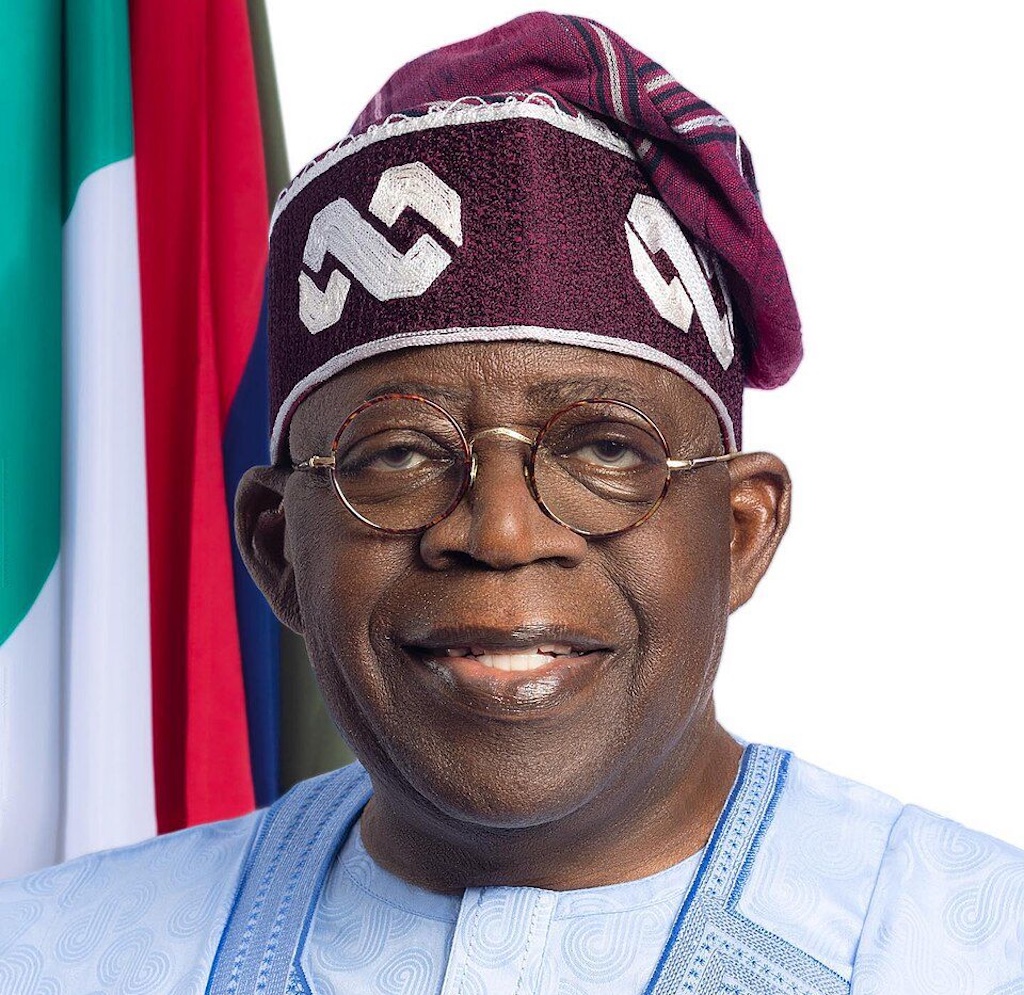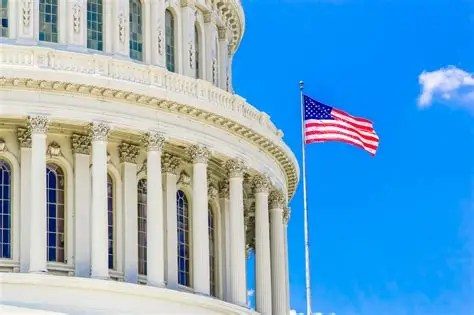NumeEkeghe
The International Monetary Fund (IMF) has urged Nigeria to deepen inclusive growth, enforce stronger fiscal discipline, and boost domestic revenue mobilisation as key priorities for steering the country toward lasting stability and prosperity.
In a blog posted yesterday by IMF’s Mission Chief to Nigeria and an Assistant Director in the IMF’s African Department, Axel Schimmelpfennig and IMF’s Resident Representative in Nigeria, Christian Ebeke, the Fund commended recent reforms but reiterated that while the reforms were starting to show results, poverty and food insecurity remain high, and the uncertain global environment presents additional challenges.
It stated: “To address these challenges, Nigeria should focus on three key priorities: First, the country needs stronger and more sustained growth to lift millions of people out of poverty and food insecurity, which is what the authorities are focusing on.
“This does not happen overnight. In the meantime, making growth more inclusive also requires scaling up the existing cash transfer system.”
“Second, as an essential ingredient for economic development, Nigeria needs an effective budget framework.
“Delivering effective investments in people and infrastructure requires realistic budget assumptions, strong expenditure management, and transparent implementation and reporting, which, in turn, can strengthen accountability.
“For its part, monetary policy should continue to decisively tackle inflation and reduce economic uncertainty.
“Third, the government should continue to increase domestic revenues. This is essential given Nigeria’s substantial funding needs in growth-enabling areas such as agriculture, infrastructure, including access to electricity, and climate adaptation.
“The government’s tax reforms will make it easier to pay taxes and ensure that everyone who owes taxes pays them. Over time, once the ongoing cost-of-living crisis abates and the cash transfer system is fully operational, there will be room to align tax rates with those in neighboring countries.
“For now, the share of revenue that goes to interest spending leaves too little for investment in people and infrastructure.
“It is therefore critical that the substantial financial savings from the removal of fuel subsidies flow to the government to fund priority spending.”
They further noted that while Nigeria’s potential was beyond doubt, achieving it would require continued reforms and an effective social safety net to carry the most vulnerable along.
Furthermore, they stated that while recent reforms have brought some encouraging progress, Nigeria continues to face significant economic headwinds.
Inflation remains stubbornly high at over 20 per cent, and weak infrastructure, particularly as an unreliable electricity supply, continues to hamper productivity and private sector growth.
It further stated: “Progress has been encouraging, significant challenges remain. Inflation still exceeds 20 per cent. Poor infrastructure, especially for electricity, inhibits economic activity.
“Poverty and food insecurity remain high. Nigeria lacks an effective social safety net to cushion the impact of shocks on the most vulnerable.
“In addition, the global environment is posing new challenges with elevated uncertainty and high borrowing costs.
“Nigeria is especially affected by volatile international oil prices since oil revenues account for a large proportion of government revenues a figure that stood at 30 per cent in 2024.”



